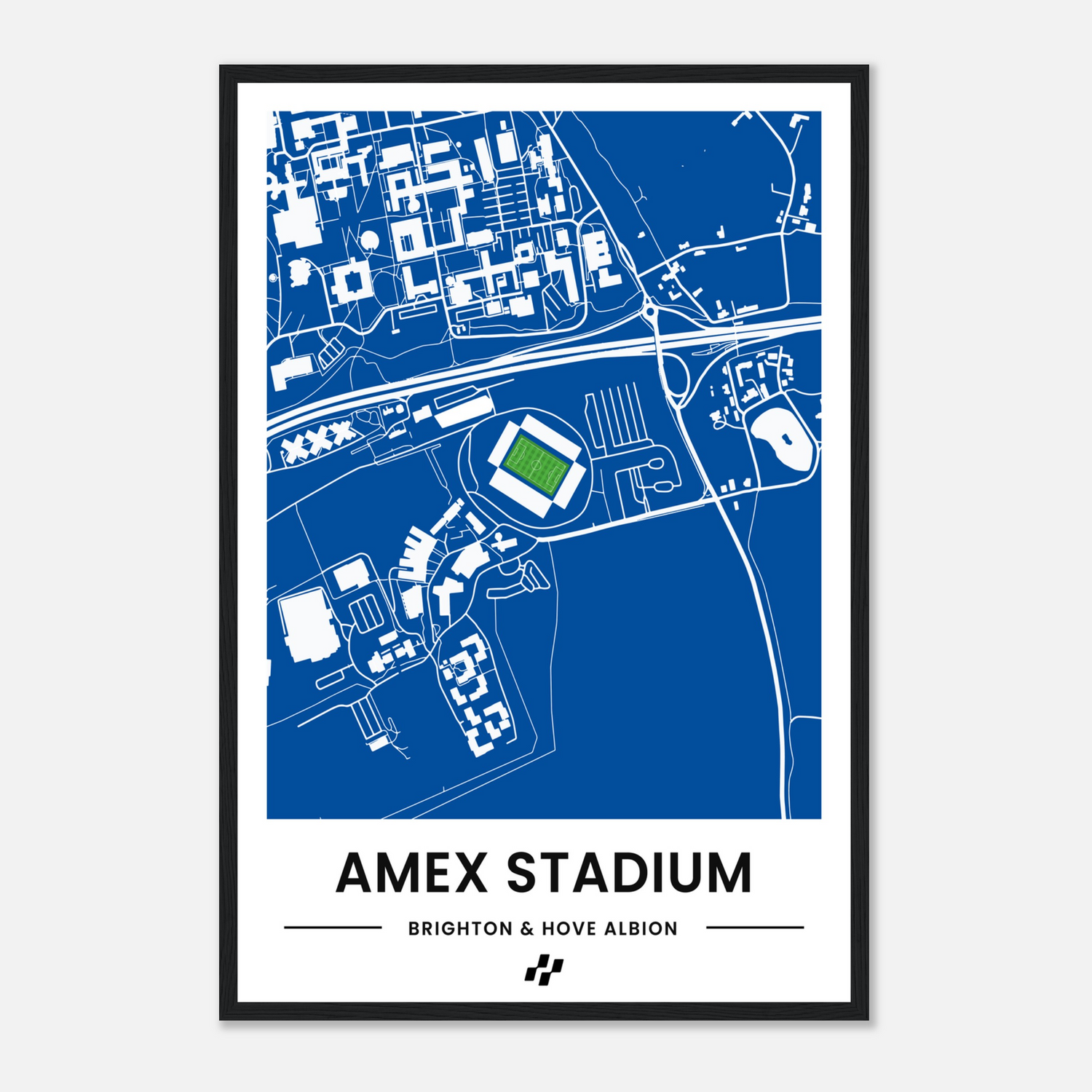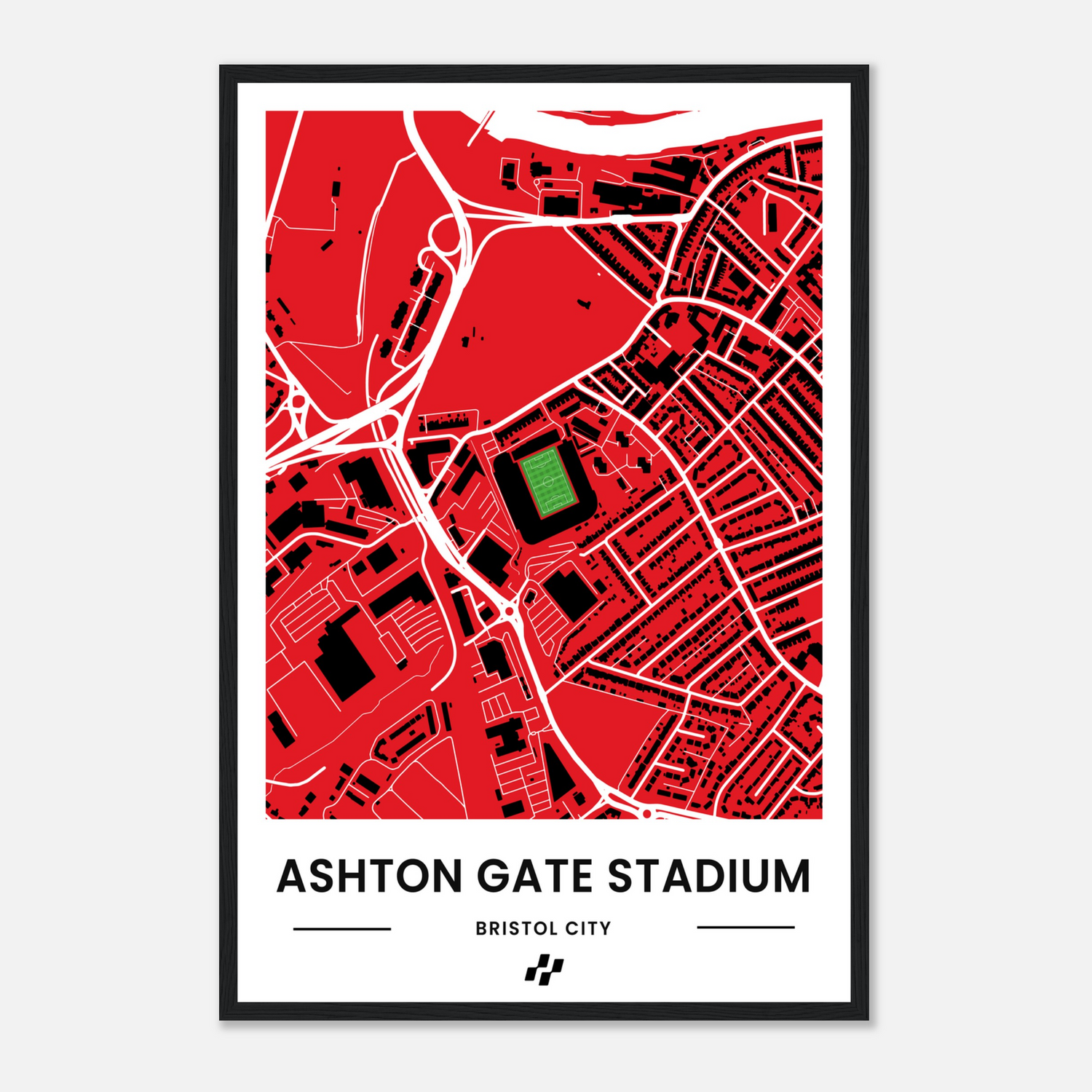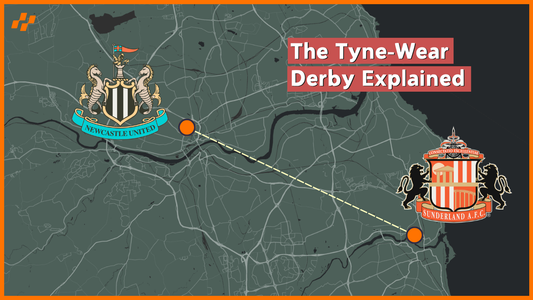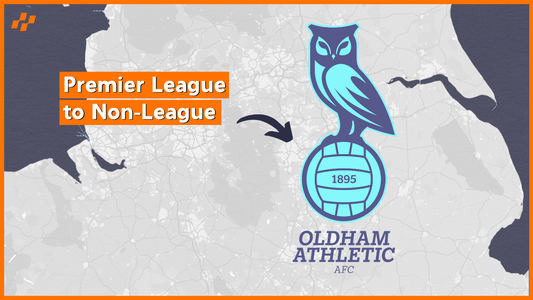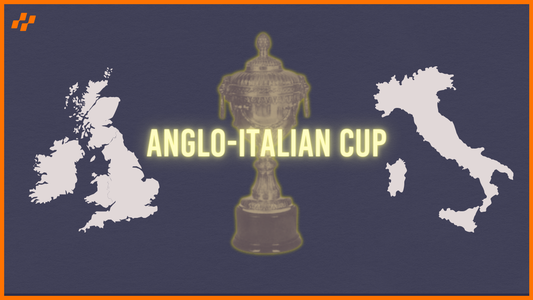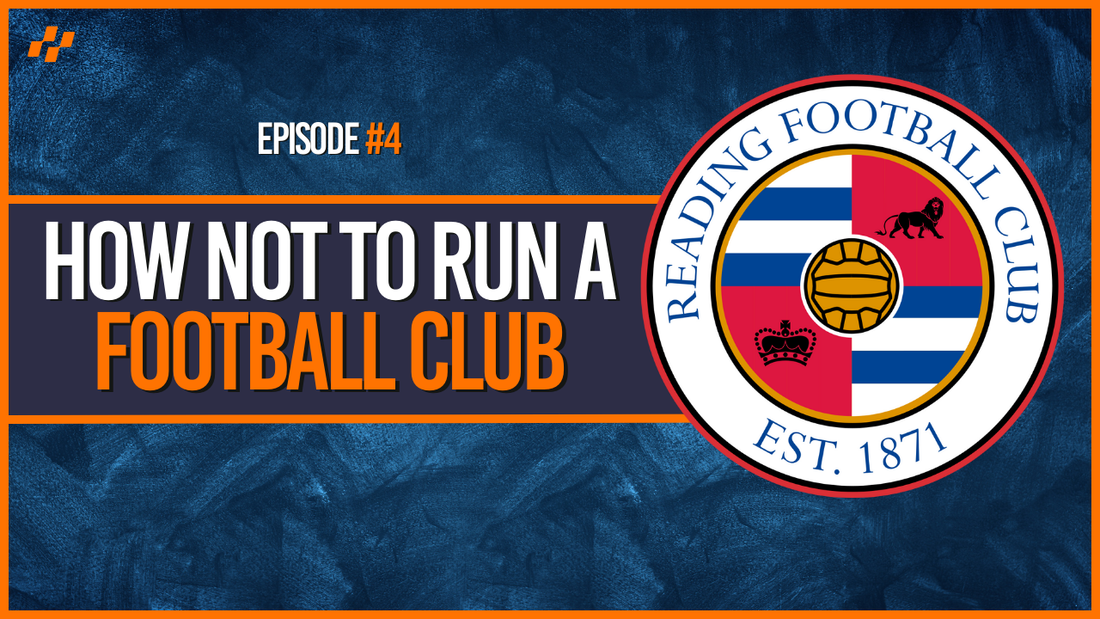
What is Happening to Reading F.C.?
Share
Reading Football Club, once a stable club reaching the Premier League, now finds itself in a starkly different reality. Relegated to the third tier after 21 years, burdened with a 16-point deduction for financial missteps, and teetering on the brink of financial collapse with a looming winding-up petition over unpaid taxes.
So where did it all go wrong? In this fourth episode of 'How Not To Run a Football Club,' we unravel the story of Reading. Join us as we dissect the twists and turns that led a once-prominent team to a team in a financial crisis and an uncertain future that has left fans both heartbroken and fighting for new ownership.
Click here to watch the full video on our YouTube channel
Rise To the Premier League
In 1990, the club was on the brink of receivership. That's when British entrepreneur Sir John Madejski, who had amassed his fortune founding Auto Trader magazine, stepped in. His purchase of the club marked a turning point, allowing the Royals to embark on a new chapter.
After Madejski's acquisition, the club achieved notable successes, clinching the Division Two title in 1994. However, the joy was short-lived as Reading faced relegation back to Division Two at the end of the 1997-98 season. Undeterred, they made a triumphant return to Division One for the 2002–03 season after finishing as runners-up in Division Two.
Madejski's influence extended beyond the pitch. He generously funded the construction of a new stadium, a 24,000-capacity venue initially named after himself, and a state-of-the-art academy that rivaled those of Premier League clubs.
Under Madejski's stewardship, Reading achieved a remarkable Championship league win in the 2005-06 season, securing a record 106 points, scoring 99 goals, and losing only twice—a feat that still stands as a record to this day.
The 2006–07 season marked Reading's debut in the top flight of English football, defying pre-season predictions of relegation to finish in eighth place with 55 points. However, the second season proved less successful, resulting in relegation back to the Championship.
As Reading experienced a yo-yo effect between the top two tiers of English football, it became evident that sustaining their position in the top flight would require deeper pockets. Unfortunately, after the financial crisis of 2008 depleted Madejski's personal wealth, he found it increasingly challenging to continue investing in the club.
Change of Ownership
On January 21, 2012, news broke that Sir John Madejski intended to release control of Reading Football Club by selling a 51% stake for £40 million to Thames Sports Investments—a Russian consortium led by Anton Zingarevich, the son of a billionaire.
Following this change, Reading secured a triumphant return to the Premier League after a 1–0 home victory against Nottingham Forest. Unfortunately, the elation was short-lived, as the team faced relegation at the conclusion of the 2012-2013 season, just one year after their top-flight comeback.
Zingarevich's tenure was marked by extravagant spending, particularly on high-profile players like Danny Williams, Wayne Bridge, and Royston Drenthe, with hopes of an immediate Premier League return.
However, this strategy resulted in colossal debts amounting to £38 million. As Zingarevich's financial support dwindled, or daddys pocket money ran out, he departed, leaving Sir John with a financially burdened club.
In 2014, as the club teetered on the brink of administration, a Thai consortium stepped in. Over the next three years, they brought in numerous players with aspirations of gaining promotion.
They embarked on a commendable FA Cup journey, reaching the semi-final and putting up a spirited fight against Arsenal at Wembley, ultimately losing 2–1. In their final season under the consortium, they achieved their highest post-relegation finish in the Championship, securing third place in the 2016/17 season and reaching the play-offs, only to narrowly miss out in the final at Wembley, losing on penalties after extra time.
However, the expenses associated with running the club became unsustainable for the Thai Consortium, especially with the absence of a return to the Premier League. In 2017, Chinese businessman Dai Yongge and his sister Dai Xiu Li acquired a 75% stake, marking the club's fourth ownership change in five years. Fans were initially optimistic, anticipating financial opportunities to compete at the highest level.
Interestingly, the new owners had each previously owned two other football clubs, both of which had dissolved in the past three years—Beijing Renhe in China and Belgian side KSV Roeselare—following relegation and financial difficulties.
Despite millions being invested in high-profile players like Sone Aluko, Mo Barrow, and Dave Edwards, the on-field struggles persisted, with the club continuing to grapple in the Championship. The situation worsened when the COVID-19 pandemic struck, exacerbating financial problems. The club's income from gate receipts, merchandise sales, and TV rights fell significantly short of matching the outgoing expenditures on wages and player deals.
While all clubs faced financial challenges during the 2020/21 seasons, those already living beyond their means, like Reading, were particularly hard-hit.
Financial Crisis
On 17th November 2021 it was confirmed Reading would be deducted six points due to breaching the EFL's profitability and sustainability rules, only just avoid relegation in the 2021/2022 season. The culprit? A staggering loss of £57.8 million over three seasons, well exceeding the limit of £39 million over three seasons.
These financial rules, now known as 'profitability and sustainability,' act as guardians against the echoes of past financial misadventures—preventing owners from amassing colossal debts, signing lavish contracts, and then abandoning ship, leaving the club in financial turmoil.
A dive into Reading's financial accounts reveals there problems. In 2018, the club spent a jaw-dropping 194% of its revenue on player wages. Fast forward to 2021, and that figure soared to an eye-watering 234%. It's a financial jigsaw that doesn't fit the sustainability puzzle.
Even with the return to normalcy in 2022, as COVID restrictions eased, the financial blues persisted. The club reported a loss of £17 million, despite the silver lining of selling Michael Olise for £8 million to Crystal Palace. A step in the right direction, as the wage-to-revenue ratio improved from 234% to 150%, but the financial storm was far from over.
March 1, 2023, brought another blow—a six-point deduction for the club's failure to meet terms and agreed budgets within a business plan, breaching profitability and sustainability rules once again.
The consequence? Relegation from the Championship to League One on May 4, 2023, marking the end of a decade in the second tier. Without the deduction, Reading would have escaped the clutches of relegation, finishing on 50 points.
Where Did It Go Wrong?
In the quest to uncover the roots of Reading Football Club's financial unraveling, a pressing question arises: how does a multi-millionaire stumble in settling bills? Dai Yongge, sought counsel from advisors, notably turning to Kia Joorabchian, a controversial figure known for two decades of advising players and clubs, albeit without a licensed agent status.
Since 2017, Joorabchian has been a central figure in the club, guiding Yongge on how best to deploy his millions. Yet, judging by the recurring financial missteps, it seems the advisory role hasn't borne fruit as intended.
Then there’s the changing political landscape in China was having an impact.
The Chinese government's evolving stance on overseas investments has created a hurdle for investors like Yongge, making it increasingly difficult for funds to flow from China to the UK.
Where are they now?
The club's descent is rapid, With the points deductions and now lack of investments into the team, Reading have been leaning on the academy, and have the youngest starting XI in League One, averaging just 22.4 years.
In response, passionate fans have taken matters into their own hands. Protests have taken various forms, from tossing tennis balls onto the pitch mid-match at the SCL Stadium to organized marches – all aimed at creating a clamor for change in ownership. Dai Yongge, feeling the heat, has expressed readiness to sell the club. Encouragingly, there's a notable interest in taking the reins, offering a glimmer of hope in this challenging chapter for Reading Football Club.

